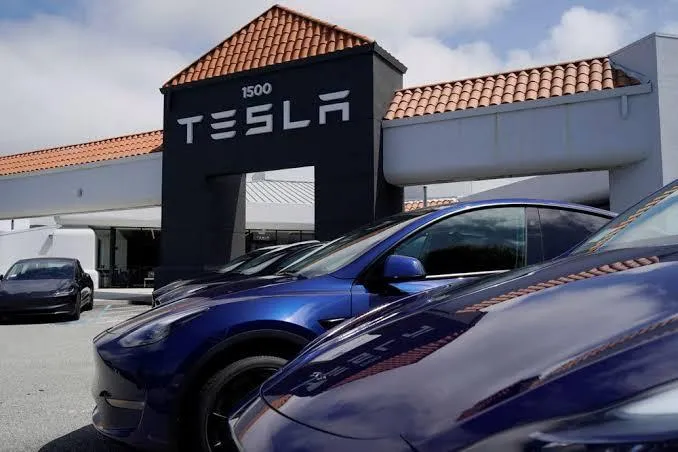
Tesla Pulls the Plug on Dojo Supercomputer as AI Talent Exodus Accelerates
In a surprising turn for the U.S. artificial intelligence and electric vehicle sectors, Tesla has officially shut down its in-house AI supercomputer project known as Dojo. Once touted by CEO Elon Musk as a “beast” capable of revolutionizing computer vision for Tesla’s Autopilot and Full Self-Driving systems, the ambitious project has been dismantled amid declining sales, mounting competition, and an exodus of top engineering talent.
Sources indicate that the head of the Dojo program has departed, with around 20 team members leaving to join a rival AI data center firm. The remaining staff will be reassigned to other Tesla data infrastructure projects. This marks a significant strategic shift for the company, which will now lean heavily on partnerships with major semiconductor suppliers, including Nvidia, AMD, and Samsung, for AI chip manufacturing.
Musk acknowledged that the internal program had become a “long shot,” citing the difficulty of scaling two separate AI chip architectures in parallel. Despite Dojo’s cancellation, Tesla will continue developing its AI5 and AI6 chips for inference and training, but the company’s most ambitious training hardware goals will now be outsourced.
Dojo was designed to train massive machine learning models to improve Tesla’s driver-assistance systems. However, the global AI boom has intensified competition for talent, with tech giants offering engineers record-breaking compensation to lure them away. Tesla, already grappling with senior leadership losses, has seen its AI division particularly hard-hit by this brain drain.
Compounding these challenges, Tesla’s self-driving initiatives have faced technical setbacks and legal hurdles. A high-profile jury decision in Florida recently held the automaker partially responsible for a fatal collision involving its Autopilot software, resulting in a payout approaching a quarter-billion dollars.
While Tesla’s market capitalization remains above $1 trillion and its stock has climbed in recent weeks, the dismantling of Dojo raises questions about the company’s long-term AI strategy. With a $16.5 billion agreement already signed with Samsung for AI semiconductors, the pivot toward external hardware solutions suggests that Tesla’s vision for in-house AI dominance may be over — at least for now.
Question for readers: Does Tesla’s decision to abandon Dojo mark a smart strategic pivot toward partnerships, or is it a signal that the U.S. EV giant is losing its competitive edge in the global AI race?
